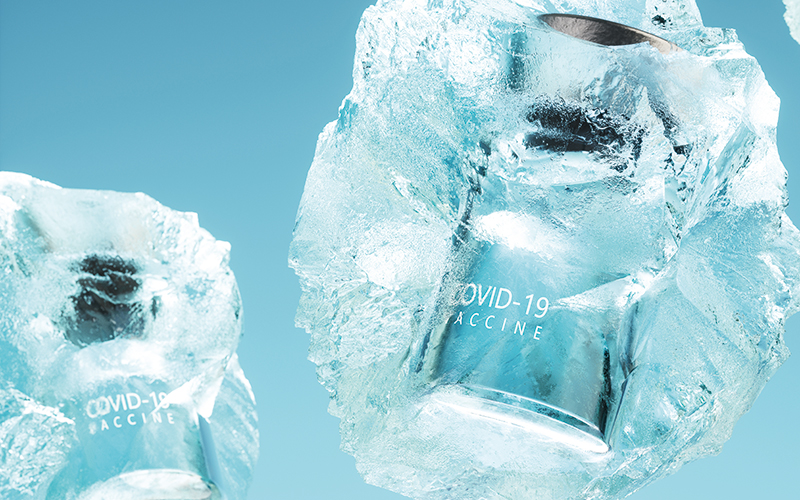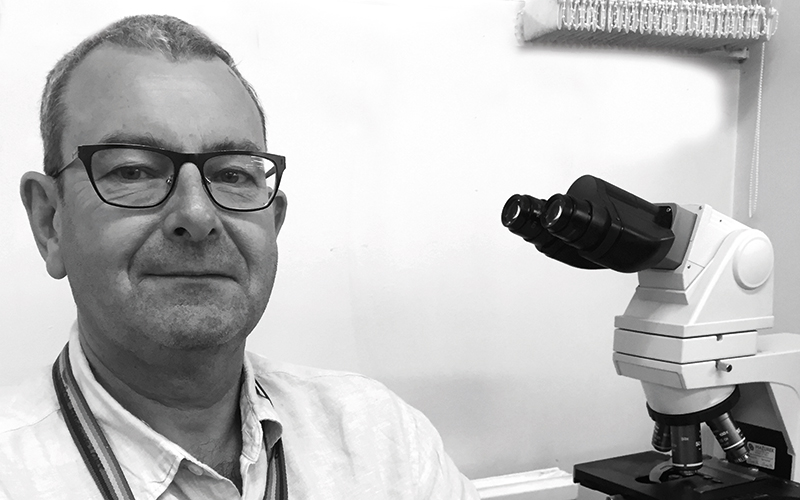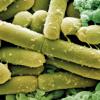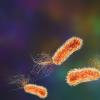“How do we plan for an uncertain winter?”


Doris-Ann Williams MBE
Chief Executive
British In Vitro Diagnostics Association
I believe that the coming winter could bring as many challenges to NHS pathology labs as it did last year. We need a dialogue between diagnostic suppliers and pathology managers, as well as pathology centrally, as soon as possible.
There is always the possibility that we will see another COVID-19 variant emerge, or another spike in infection in addition to the normal seasonal respiratory infections, especially as we have now started to resume more normal behaviours in society after a prolonged period with limited exposure to these pathogens.
We should look at the effect of different shortages on the supply chain and ensure we do as much as we can in partnership to mitigate against the potential lack of availability of any products that are critical to the pathology supply chain.
The other thing we could do – and this may be longer term – is to support colleagues in the community with near-patient testing and patient self-testing initiatives, taking advantage of the interest and ability towards self-care and self-testing that the pandemic has produced in the population.
This could help triage the cause of infections and could also be a route for biomedical scientists to use their skills in a valuable and highly visible way.
The in vitro diagnostics industry remains ready and willing to support NHS colleagues as necessary.

David Ricketts
Head of Laboratory Process Improvement
Health Services Laboratories
“Winter is coming,” as the quote for a well-known TV series uses for a prediction of dread and doom. This winter is coming and I would argue it is not uncertain; we know there are supply chain issues, ranging from supermarket shortages, to blood tubes, plastics and other essential laboratory supplies, then we come onto COVID, flu, the risk of lockdowns, activists interfering with transport systems, children being sent home from school and, of course, there is Brexit.
Uncertainty is a certainty for this winter, therefore, now is the time to look at the contingency plans and understand the risks to the services that potential disruptions can cause. These can be linked to the host organisation business continuity plan. There will never be a perfect plan and do not let the excellent be the enemy of the good, what is important is that everyone has confidence that there is a plan for the winter and this is shared and known amongst the staff.
Contingency planning is a requirement of ISO 15189, so this should be in place for all accredited laboratories and they will need to be reviewed given the changing environment to ensure they are fit for purpose. Winter will be uncertain but predictable – predictably uncertain – therefore, it can be risk assessed (ISO 22367 can help) and scenarios can be worked through to influence how we can cope and alert our users as to what mitigation we have in place.

Colin Mudd
Higher Specialist Biomedical Scientist
Nottingham University Hospitals NHS Trust
To quote Donald Rumsfeld: “There are things we don’t know we don’t know.” However, one thing is for certain – these have been challenging and unforeseen times. We can plan for the future, with the wisdom of hindsight and hopefully anticipate future challenges, build upon and effectively use the knowledge and experience that the pandemic has forced upon us.
I feel, however, we must be mindful that politicians and the public can be fickle – a much-heralded hero one day and a backroom worker the next. I have been astounded by the way our profession, whatever discipline, has played a vital part in the coronavirus battle and, therefore, the health of our nation. From introducing new, challenging technologies, to a completely new way of working, flexibility in working patterns and multidisciplinary working.
This is not a time for complacency and self-congratulation; however, it is essential that we are aware of our worth as a profession, and aware of ourselves and our contribution to the health of the nation.
It is time to look around and see the amazing team of which we are an integral part. It is time to appreciate one another;
it is a time to support one another through whatever difficulties we might encounter professionally and personally.
It is through the commitment of our profession to quality, training, accountability and professionalism that our pathology services have been vital throughout the pandemic. We have continued “business as usual” 24 hrs a day.
Image credit | Getty




